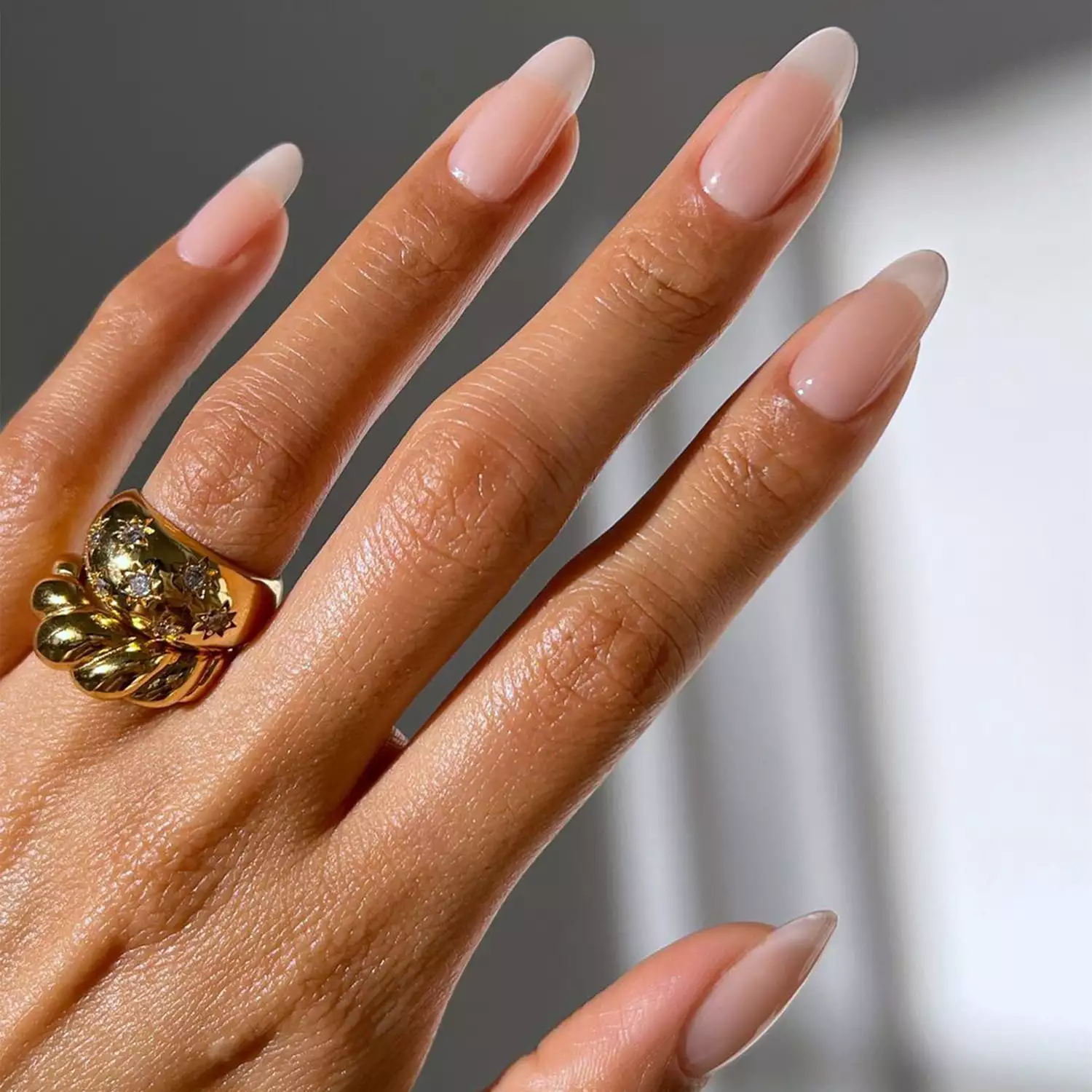
@overglowedit
In This Article
Causes
How to Maintain Healthy Cuticles
When to See a Doctor
The Final Takeaway
If youve ever wondered, Why do my cuticles grow so fast? Youre not alone. Overgrown cuticles are a common nail concern, and there are many reasons why you might be prone to them. "Cuticle growth varies from person to person and depends on the balance between the proliferation or growth and the shedding cycles of the stratum corneum," board-certified dermatologist Dana Stern explains. "If the proliferation phase dominates, then excess cuticle tissue will result."
Ahead, Stern and fellow dermatologists Dr. Jeannete Graf and Dr. Brendan Camp shed more light on the causes of overgrown cuticles and how to care for your cuticles properly.
Meet the Expert
Dr. Dana Stern is a board-certified dermatologist.
Dr. Jeannette Graf is a board-certified dermatologist.
Dr. Brendan Camp of MDCS Dermatologist is a double board-certified dermatologist.
What Causes Cuticles to Grow Fast?
Lack of Cuticle Maintenance
Overgrown cuticles usually occur from a lack of cuticle maintenance. "When left unattended, cuticles can grow so that they cover a portion of the proximal nail," Dr. Camp explains. "While you should not cut or pick the cuticle, some choose to gently press it back to address overgrowth."
Medical Conditions
For some people, medical issues like psoriasis, eczema, and allergic contact dermatitis can cause an overgrowth of cuticle skin. "Psoriasis is a chronic skin condition that can affect the growth of skin and nails," Dr. Camp explains. "Features of psoriatic nails include pitting of the nail plate, onycholysis or separation of the nail plate from the nail bed, and small areas of discoloration referred to as oil drop changes."
Dr. Camp says eczema—which is often associated with dry, red, rough, itchy patches of skin—can affect the fingers by impacting the appearance of skin adjacent to the nail, including the cuticle. "Allergic contact dermatitis, such as a reaction to a fragrance, dye, or preservative, can cause eczema-like changes on the hands and fingers, including the skin around the nail," he adds.
Supplements
"Some vitamins and supplements are marketed for improved growth of the hair and nails," Dr. Camp says. "Many of these products contain vitamins such as B vitamins like biotin, iron, magnesium, and zinc." Dr. Graf says some of these vitamins can cause the cuticles to grow faster than normal.
Stress
"Stress may prompt some people to pick at their cuticles," Dr. Camp notes. "This can lead to breaks in the skin that predispose the skin to infection or inflammation."
How to Maintain Healthy Cuticles
One of the best ways to maintain healthy cuticles is by gently pushing them back with a cuticle pusher to prevent overgrowth into the nail fold. Before pushing back the cuticles, Dr. Graf recommends dampening them. "Soak your nails in water for about 10 minutes and apply a nail or cuticle oil to the area to make them more manageable," she says.
Keeping your cuticles healthy also means keeping them well-hydrated. Dr. Stern says that when the cuticle becomes dried out from excessive hand washing, hand sanitizer, or swimming in chlorine, it can separate, and a hangnail can form. "Hangnails are detached segments of cuticle that are often picked at or bitten, so preventing them is best," she says. To do this, she prefers hydrating the cuticles with oils rather than creams, which are less absorbent into the cuticle tissue. "You should take care of the skin on the cuticles and hands just like you apply moisturizer to your face daily," Dr. Stern adds.
When to See a Doctor
Usually, overgrown cuticles don’t cause any serious issues. However, if your overgrown cuticles become swollen, puffy, and red, its time to seek medical attention. "[This is known as paronychia], and when this occurs, it’s time to see your dermatologist." Dr. Stern says. "In severe cases, bacteria can enter the nail and cause acute paronychia, which requires drainage and antibiotic treatment."
You’ll also want to visit a doctor if your cuticles become severely dry or cracked, as this indicates your cuticles are unhealthy. "Severely dry and cracked cuticles may lead to bacteria or fungus entering between the nail and the skin and can lead to infection," Dr. Graf adds.
The Final Takeaway
Overgrown cuticles can happen for a variety of reasons, ranging from poor cuticle maintenance to medical conditions. Most times, they arent a cause for concern as maintaining a regular cuticle care routine (i.e., gently pushing them back and keeping them moisturized) can help you manage overgrown cuticles. However, if your overgrown cuticles become painful or swollen, its best to seek medical attention.